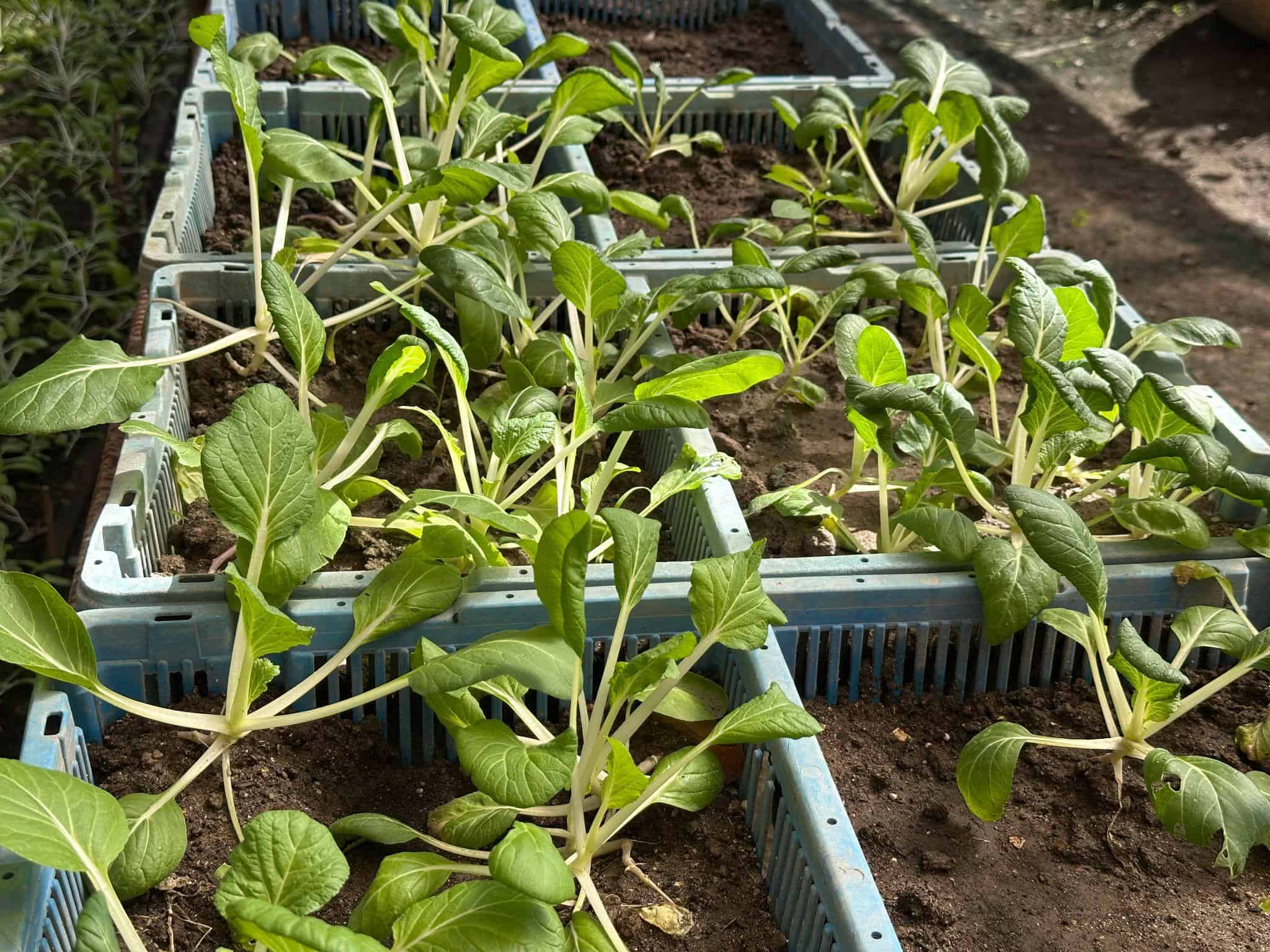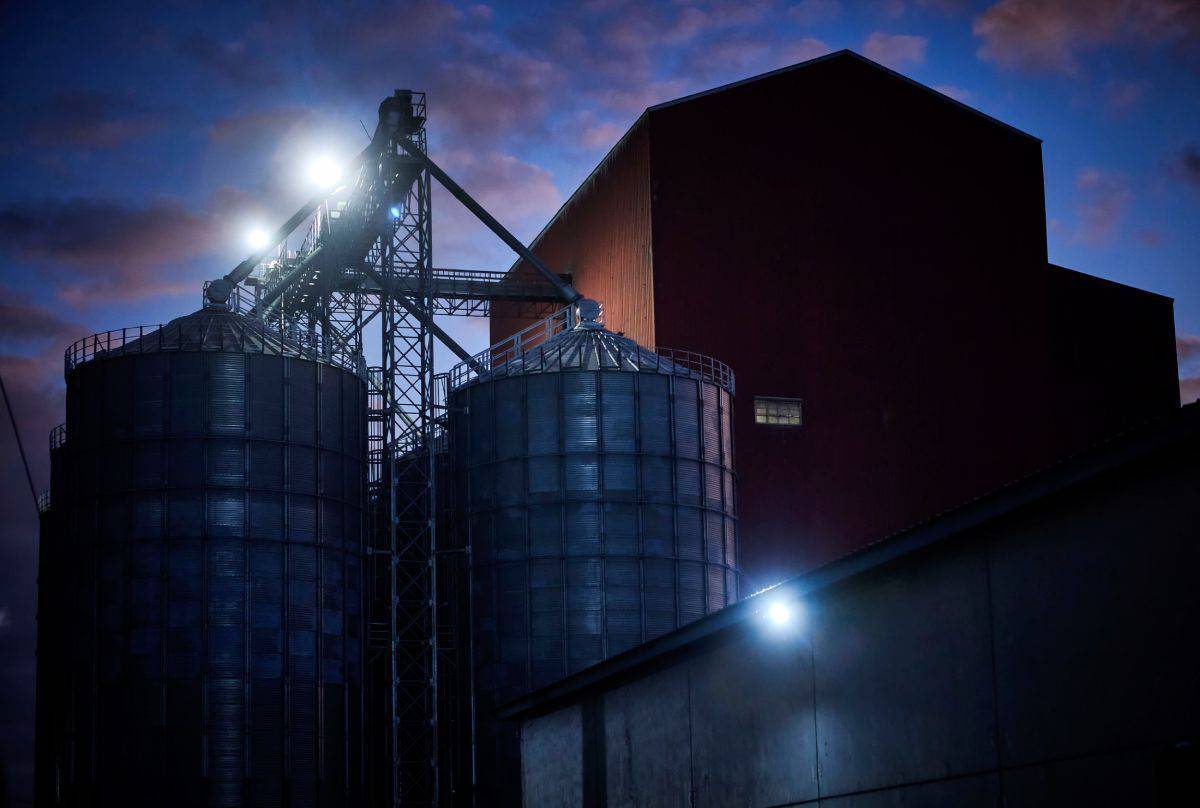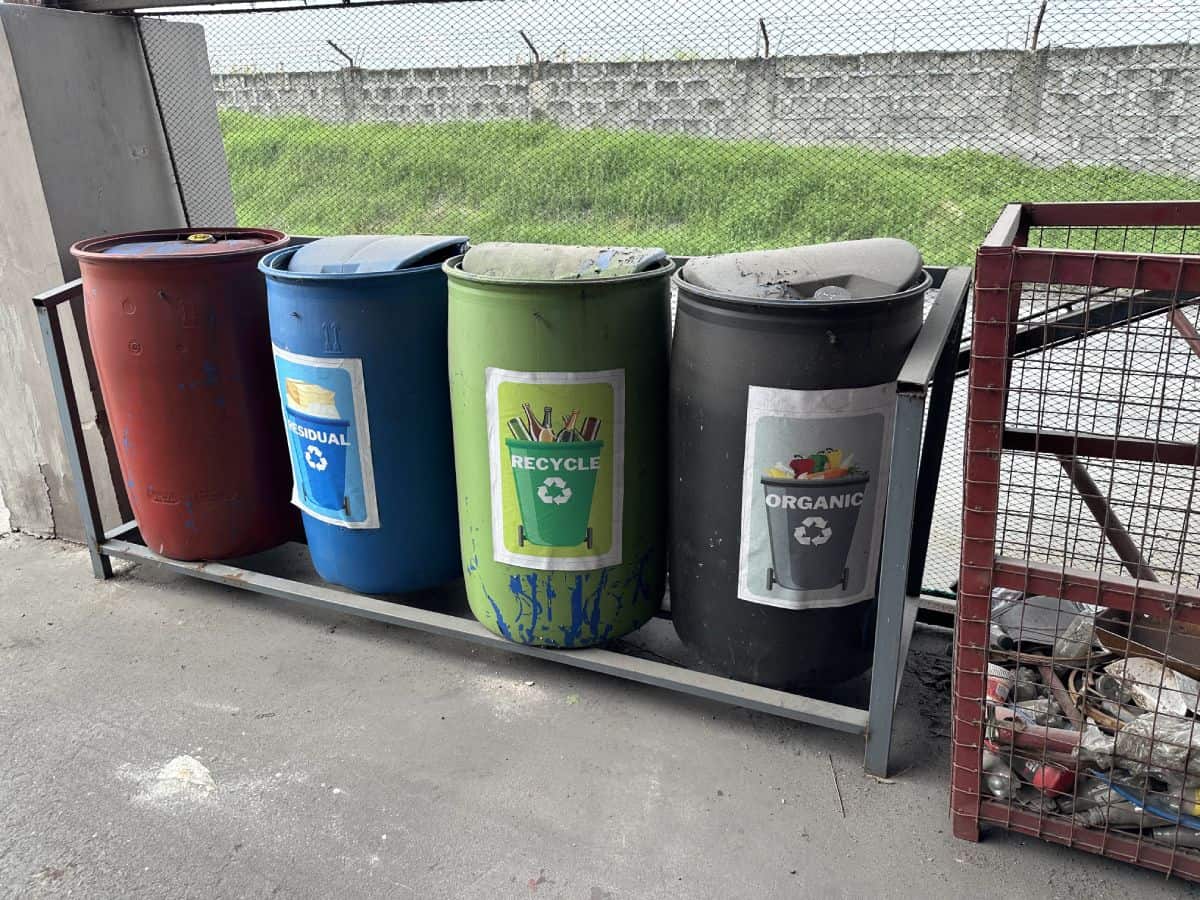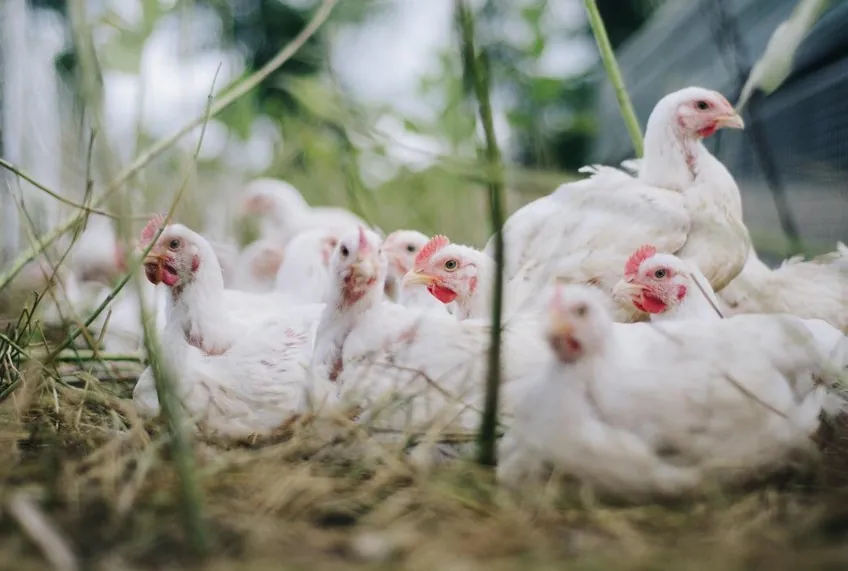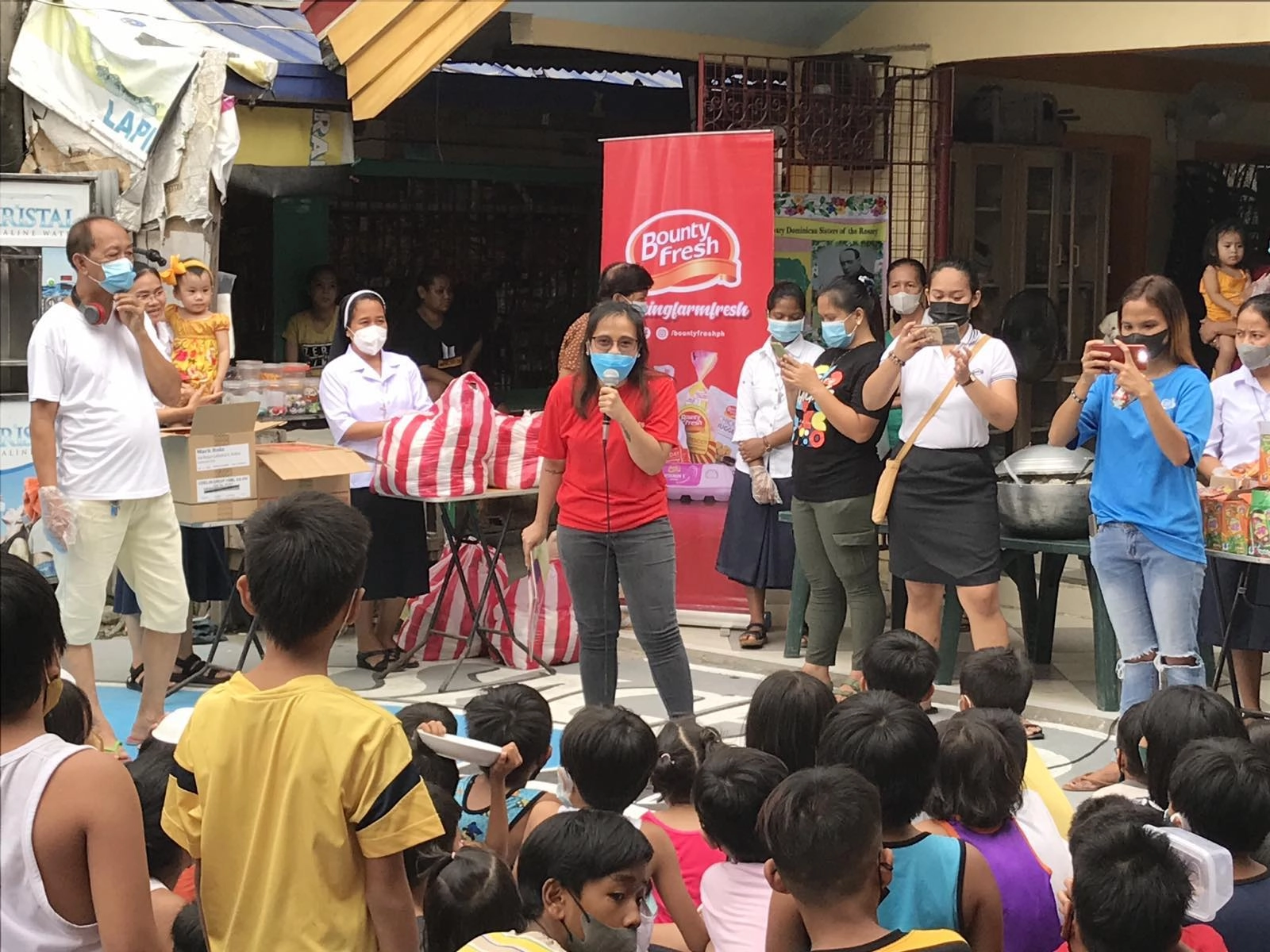Our surroundings reflect our collective responsibility regarding waste management. From bustling city streets to serene natural landscapes, the presence of plastic is evident. It plays a significant role in our daily lives, highlighting its usefulness while also reminding us of its environmental impact.
Plastic, in its various forms, has become an essential part of modern living. The issue extends beyond mere disposal; we must focus on developing sustainable systems that reduce the environmental burden associated with this material.
Approximately 2.7 million tons of plastic are discarded annually in the Philippines, according to a report from the Climate Change Commission
What is Plastic Waste Management?
Plastic waste management includes various strategies aimed at reducing the negative impact of plastic on our planet.
This process involves collecting, sorting, recycling, and responsibly disposing of plastic waste, all with the goal of minimizing the amount of plastic that ends up in landfills and oceans. This comprehensive approach addresses the entire lifecycle of plastic, from production to disposal.
Effective plastic waste management is not just an environmental issue; it is essential for protecting ecosystems, preserving wildlife, and maintaining the health of our communities.
Contextualizing the Problem:
- Since the mid-20th century, global plastic production has surged, resulting in an unprecedented buildup of waste.
- The persistence of plastic and its slow degradation mean that virtually every piece of plastic ever created still exists in some form.
- The widespread use of single-use plastics, fueled by convenience and consumer culture, worsens the issue.
- The globalization of supply chains has led to the transfer of plastic waste to countries with less developed waste management systems.
It’s Underlying Importance
Beyond the immediately visible blight of plastic waste, its persistent presence disrupts delicate ecological balances. Furthermore, plastic production and disposal contribute significantly to climate change. The reliance on fossil fuels for plastic manufacturing releases substantial greenhouse gases, exacerbating global warming. Incinerating plastic waste, often seen as a solution, releases harmful pollutants into the air, further deteriorating air quality. Each year, the vast amounts of plastic produced, combined with its slow degradation, create a long-term burden on our planet.
This burden extends to the loss of biodiversity, as habitats are destroyed and species are unable to adapt to the rapid changes imposed by plastic pollution. Recognizing the underlying importance of addressing this crisis is not merely about cleaning up litter; it’s about safeguarding the fundamental health of our planet and ensuring its resilience for future generations.
Bounty’s Green Revolution
Bounty’s Green Revolution is our answer to the global plastic crisis. We’re committed to tackling this urgent environmental issue head-on.
Bounty has been officially registered as an Obliged Enterprise under the Extended Producer Responsibility (EPR) Act of 2022 on September 29, 2023.
As a responsible company, we’re focused on reducing plastic waste and promoting sustainable alternatives. This means taking real action through innovative recycling programs, developing biodegradable materials, and encouraging everyone to consume thoughtfully.
- Oxo-biodegradable Packaging:To minimize the impact of our end products, we’ve transitioned to oxo-biodegradable plastic packaging.
- Packaging Optimization:We are also actively reducing plastic in our packaging.
In our egg packaging, we have Project Nania and Boxtop. These initiatives focus on the reduction of plastic packaging. We utilize shrink wrap, and we’ve introduced molded pulp/paper egg trays as a sustainable alternative.
- Plastic Waste Transformation:We’re converting used plastics into valuable resources, specifically creating durable garbage containers for bottle collection and robust trash bags, thus closing the loop on plastic waste.
- Reusable Drums:For our Broiler Farms, reusable drums replaced the use of sacks in mortality collections. This saves 800 sacks per farm for the whole growing period.
It is important to note that while these materials are designed to break down, their decomposition process can also result in the formation of microplastics, which, as previously mentioned, can have negative impacts on the environment and oceans. This creates a ‘closing loop’ where the intended solution to plastic waste might still contribute to the microplastic problem, albeit through a different pathway.
Beyond these initiatives, we continue to develop innovative recycling programs and explore new biodegradable materials.
Effective plastic waste management requires both technical solutions and a shift in how we think about plastic. We’re here to educate and empower everyone — from consumers to industry partners — to adopt sustainable practices.
Plastic Avoidance/Reduction: Removal of unnecessary plastics and less internal plastic footprint
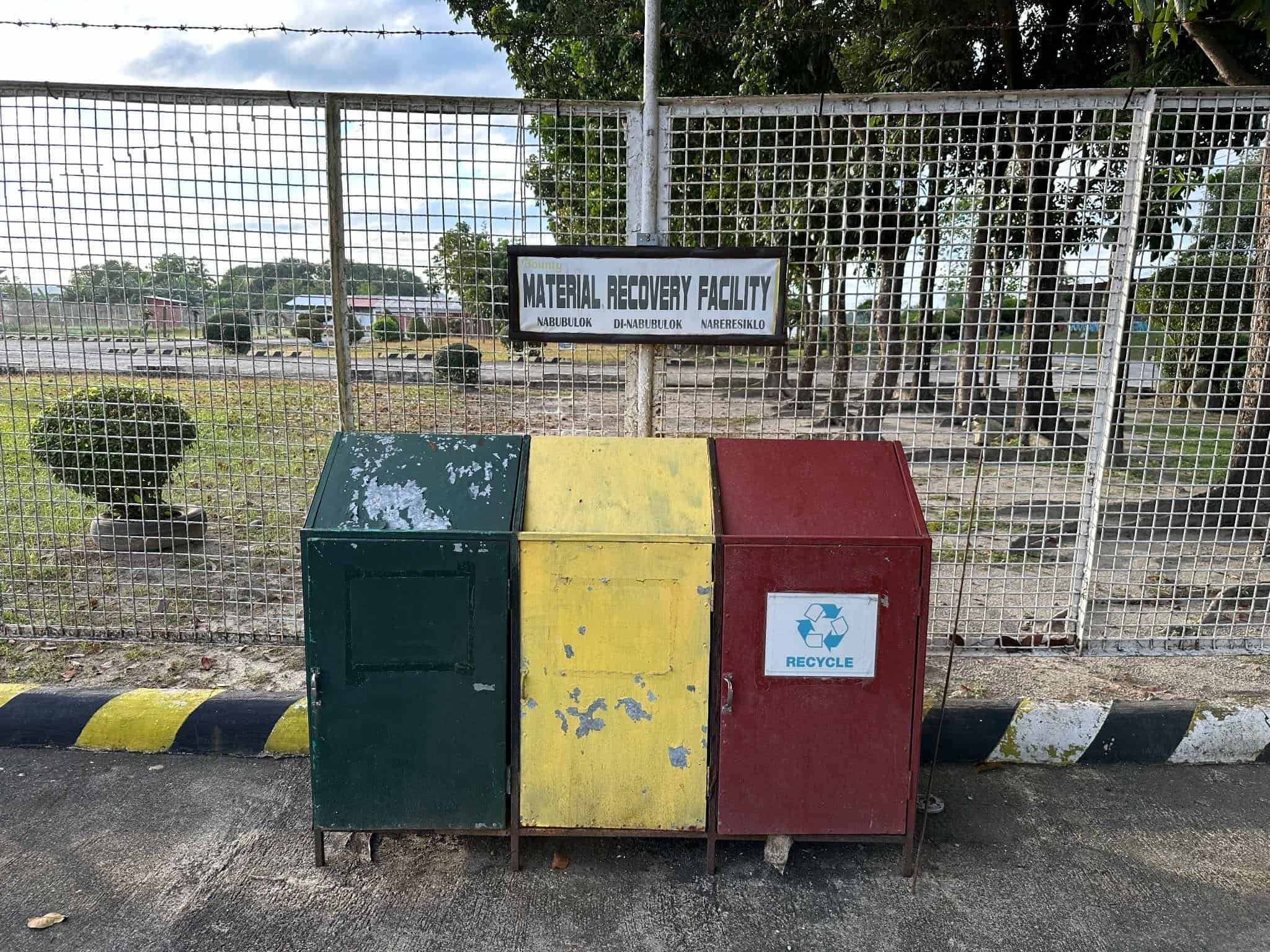
- In Internal Broiler Farms, reusable drums replaced the use of sacks in mortality collections. This initiative could potentially save 800 sacks per farm for the whole growing period.
- The hatchery encourages the use of reusable bags instead of plastic.
- In the Poultry Dressing Plant, the plastic bags for ice bedding were removed and replaced with a perforated stainless sheet.
- Plastic packaging of our end products is already biodegradable and oxo-degradable.
- In Value Added Products Operations, reduced use of stickers, from four to two per carton.
- In eggs, we have Project Nania and Boxtop, which focus on plastic reduction, from using stretch film to shrink wrap in the Premium 30s Egg Tray.
- For plastic optimization, almost all processing plants are already reducing plastic packaging based solely on product size and requirements.
Plastic Recycling and Repurposing:
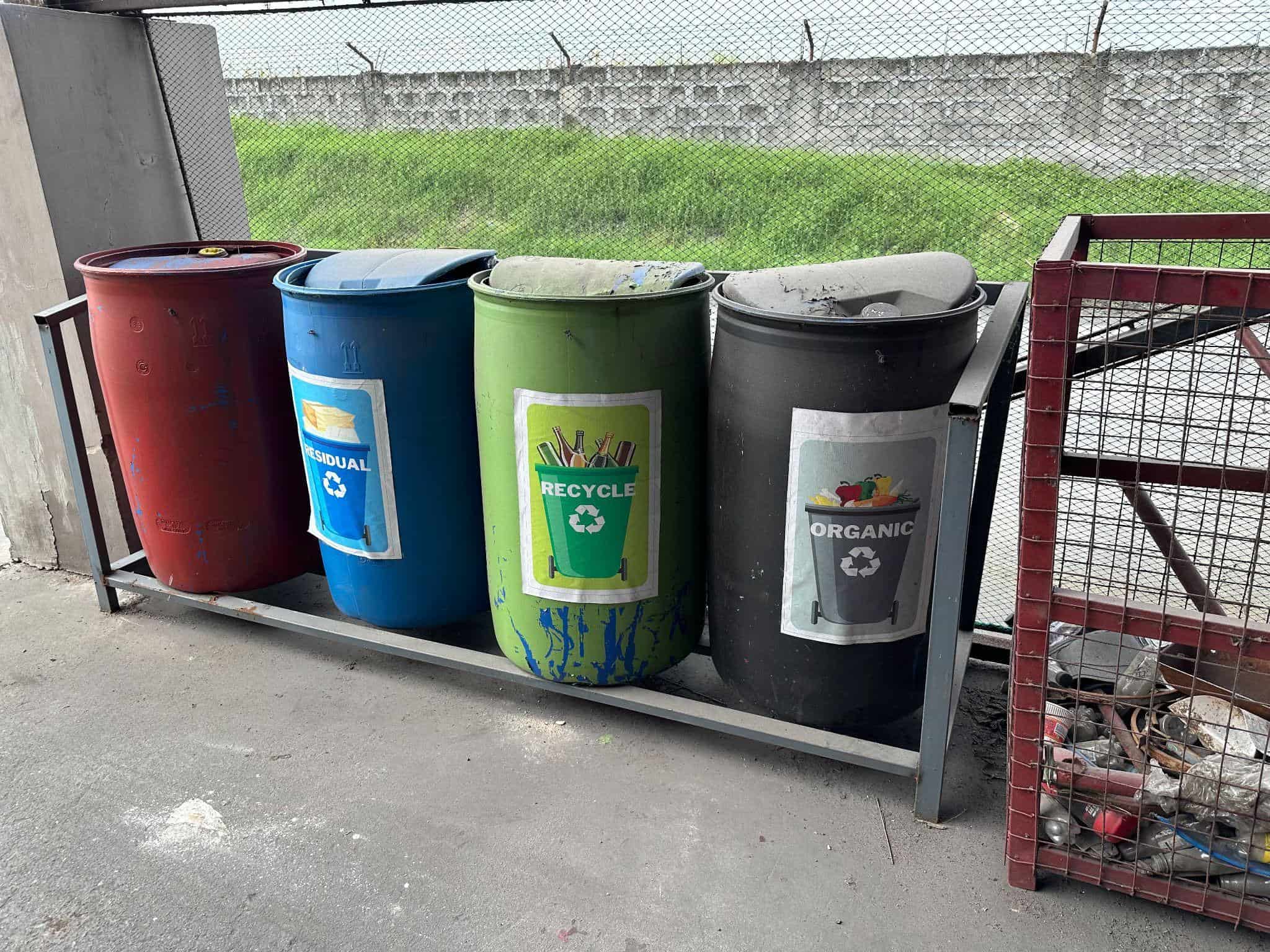
- In the processing plants, used bottles were used to create a garbage container for plastic bottles collection, and used plastics were turned into trash bags instead of buying new ones.
- In Feedmill plants, our facilities have a material recovery facility (MRF) enabling us to employ segregation of plastic bottles and sacks for scrap selling. Feedmill has the highest percentage in scrap selling and repurposing since almost all plastic waste is sold to accredited scrap buyers.
Plastic Recovery:
- Last year, we partnered with Holcim Philippines to collect and co-process the flexible and rigid plastics. And almost 40% of our plastic footprint is recovered downstream. And we will continue to recover our plastic, not just for EPR Compliance, but to help reduce plastic pollution and our commitment to helping the environment.
- We continue the partnership with Local Government Unit (LGU) and the Municipal Environment and Natural Resources Office (MENRO) to collect and dispose of our waste in sanitary landfills with proper documents.
Learn More
At Bounty, our commitment to sustainability goes beyond the green revolution. Visit https://bounty.com.ph/beyond-bounty to discover our diverse initiatives, including wastewater management, animal waste management, tree-planting initiatives, and renewable energy.
Together, we can create a greener future for generations to come.

